TOPLINE:
Psychological distress among first-time fathers is higher for those whose partners give birth to stillborn infants, those with major congenital abnormalities, or who induce an early abortion compared with fathers whose partners produce a healthy infant, according to a new study published in JAMA Network Open.
METHODOLOGY:
- The nationwide cohort study included data from a Danish national registry collected between 2008 and 2017 from almost 20,000 first-time fathers with no history of psychiatric treatment.
- Men living with the pregnant women were identified as fathers but were not verified by researchers.
- Fathers who experienced full-term, healthy pregnancies were compared with those living with women who later experienced adverse outcomes, defined as still birth, small for gestational age, congenital malformations, induced and spontaneous abortion, or preterm birth.
- The researchers used data on prescriptions for psychotropic drugs, psychotherapy, a visit with a psychologist, or a contact with a psychiatric hospital up to a year after the end of pregnancy as proxies for 'adverse' psychiatric outcomes.
TAKEAWAY:
- Fathers of stillborn offsprings had a 23 times increased risk of receiving nonpharmacological treatment that those who had healthy infants (adjusted hazard ratio [AHR], 23.10; 95% CI, 18.30-29.20) and a nine times higher risk of receiving a hypnotic prescription (AHR, 9.08; 95% CI, 5.52-14.90).
- Fathers whose partners had an early-induced abortion (before 12 weeks) had an increased risk of taking hypnotics (AHR, 1.74; 95% CI, 1.33-2.29) and anxiolytics (AHR, 1.79; 95% CI, 1.18-2.73) within 1 year.
- Fathers whose partner experienced an abortion after 12 weeks gestation were at almost five times the risk for having a therapy session than fathers of healthy babies (AHR, 4.46; 95% CI, 3.13-6.38); those with infants who had major congenital malformations were at 36% increased risk of receiving therapy (AHR, 1.36; 95% CI, 1.05-1.74).
IN PRACTICE:
"This highlights the necessity of increasing awareness regarding the psychological effects experienced by fathers after adverse pregnancy outcomes and the need for more robust support systems," the study authors wrote.
SOURCE:
The study was led by Mikkel Zöllner Ankarfeldt, PhD, pharmacoepidemiologist at the Center for Clinical Research and Prevention, Frederiksberg Hospital, Frederiksberg, Denmark. It was supported financially by the same hospital.
LIMITATIONS:
Researchers defined 'fathers' as men who were cohabitating with a pregnant woman, and, therefore, may have been incorrectly identified as the partner. They also did not have context regarding pregnancies, which could have affected the father's psychological state. Some of the psychotropic medications studied are also used for nonpsychiatric issues such as allergies. Discussions with a general practitioner regarding mild symptoms not resulting in a prescription or specialist referral were not recorded, so study results may have underestimated how many fathers experience psychological distress. No lifestyle factors were assessed.
DISCLOSURES:
The authors reported no other relevant disclosures.

.webp) 2 weeks ago
7
2 weeks ago
7
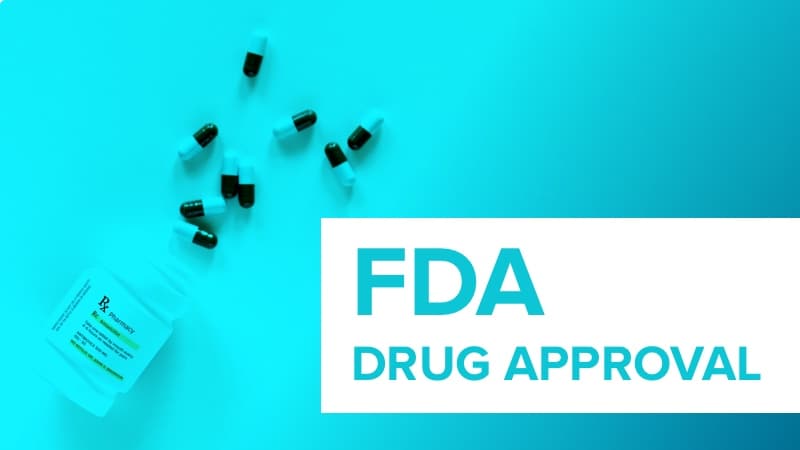
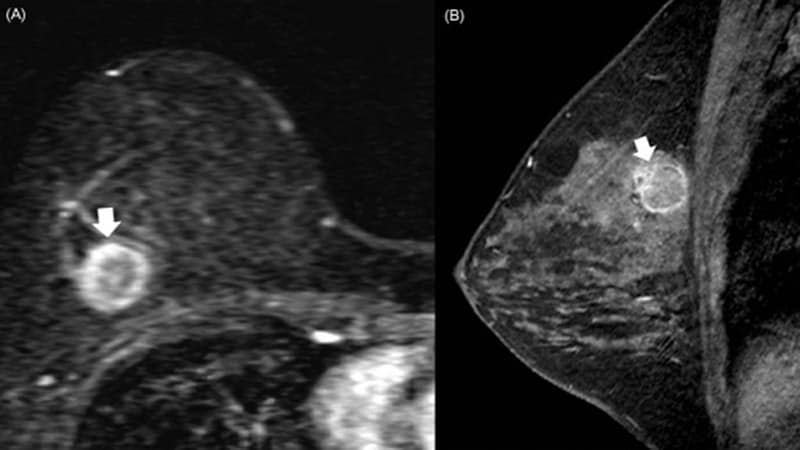


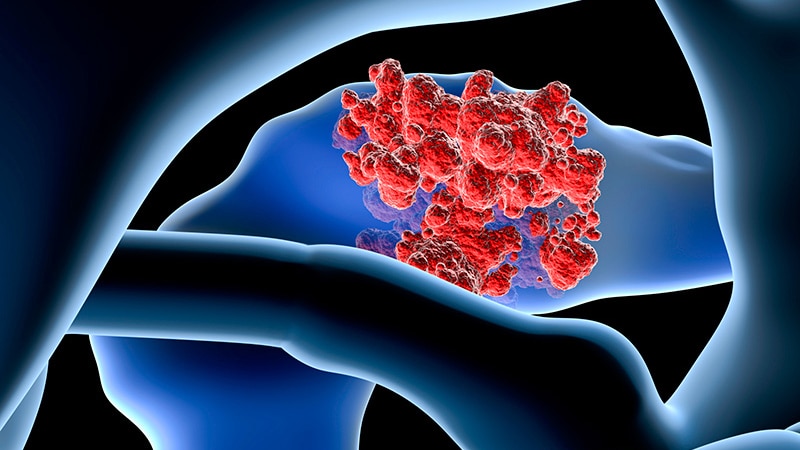


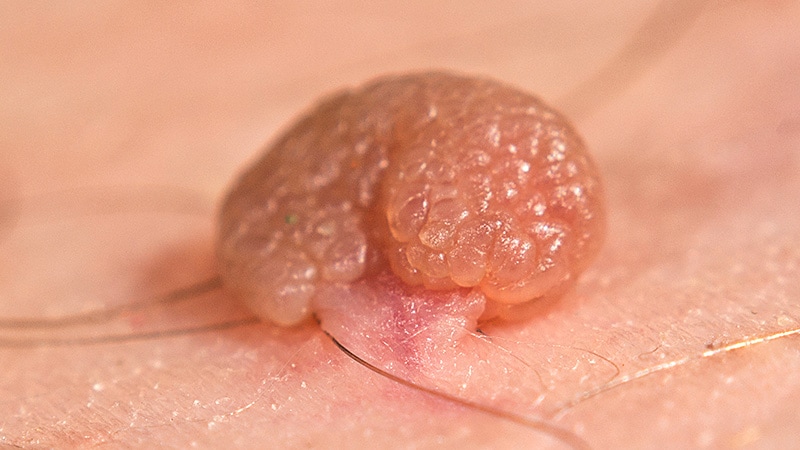


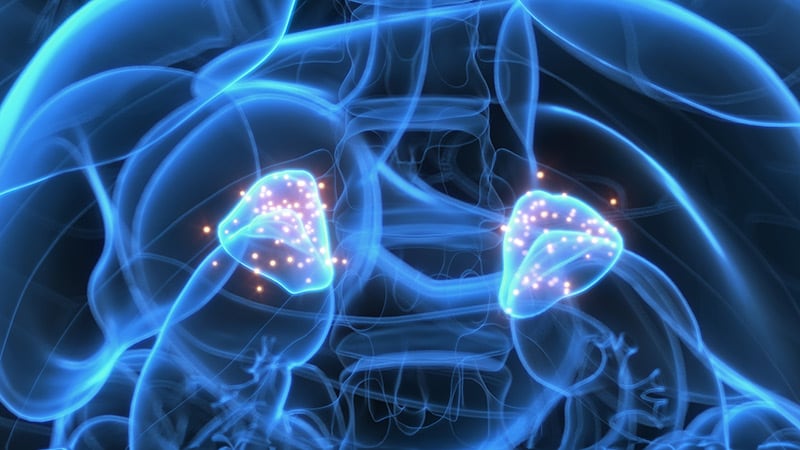

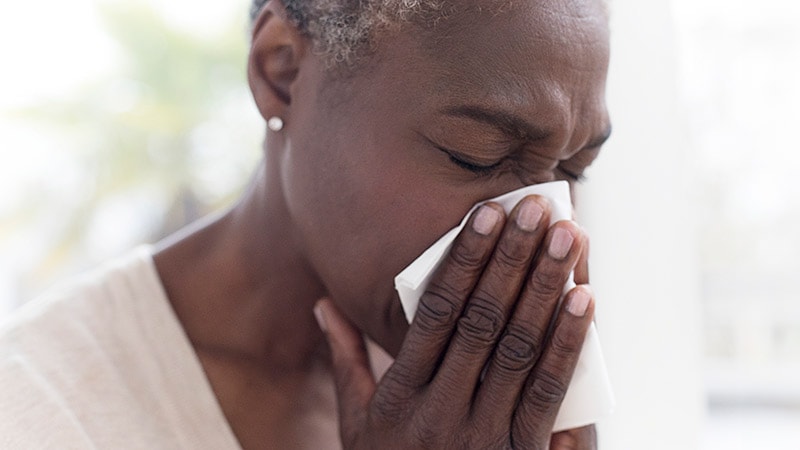













 English (US)
English (US)